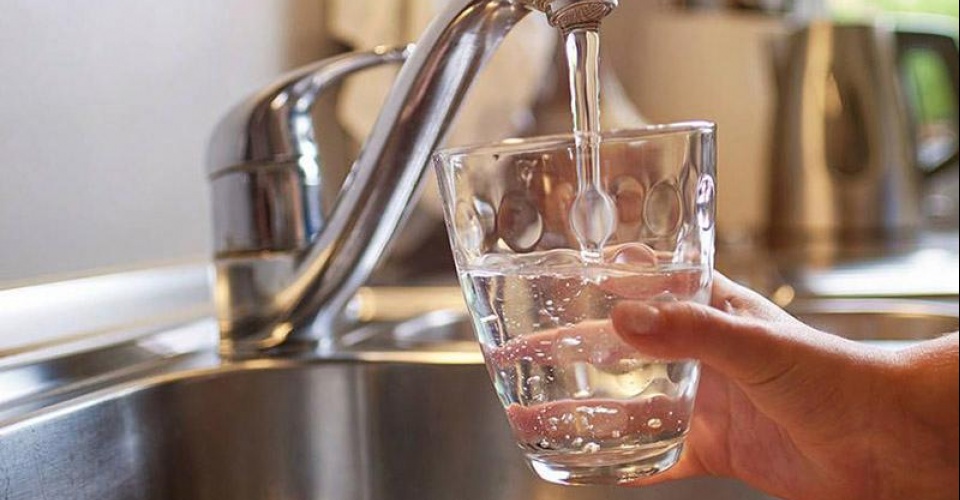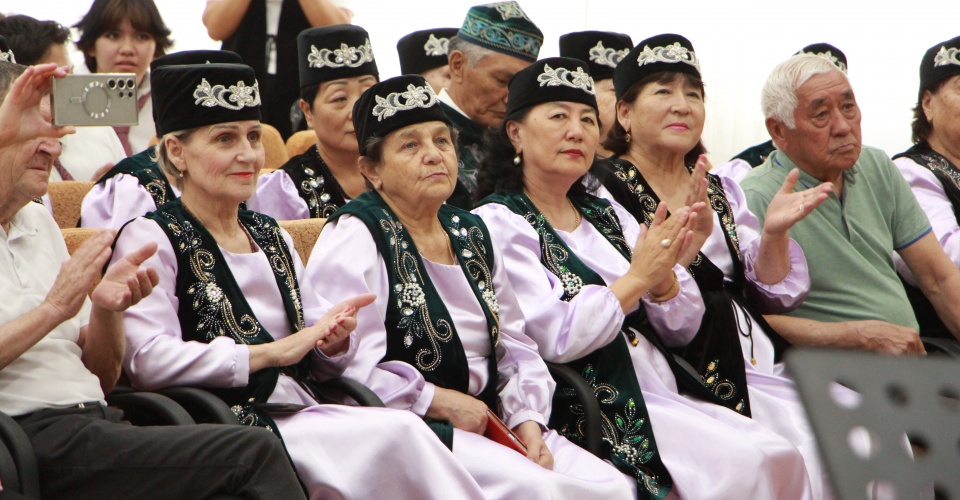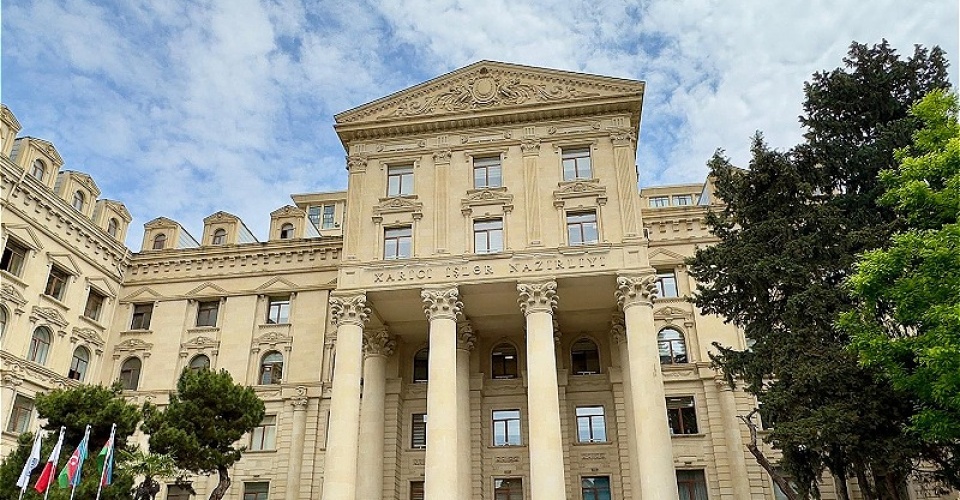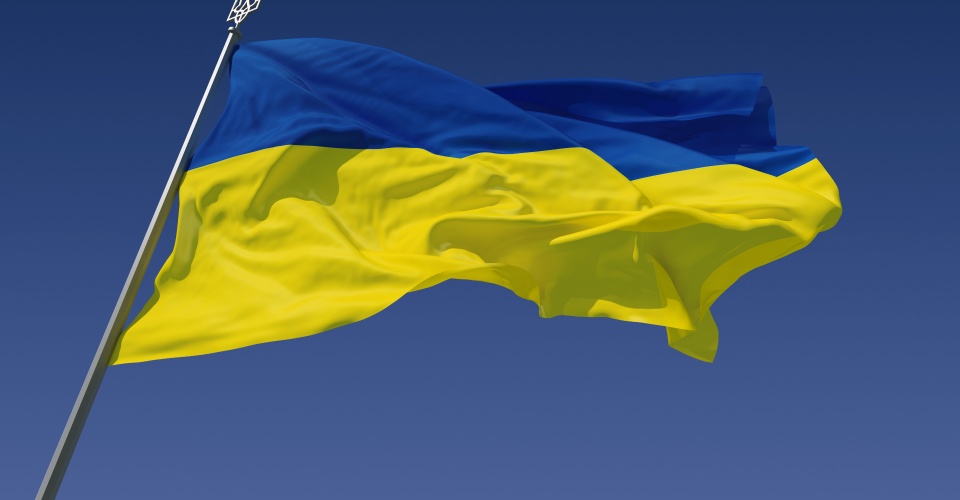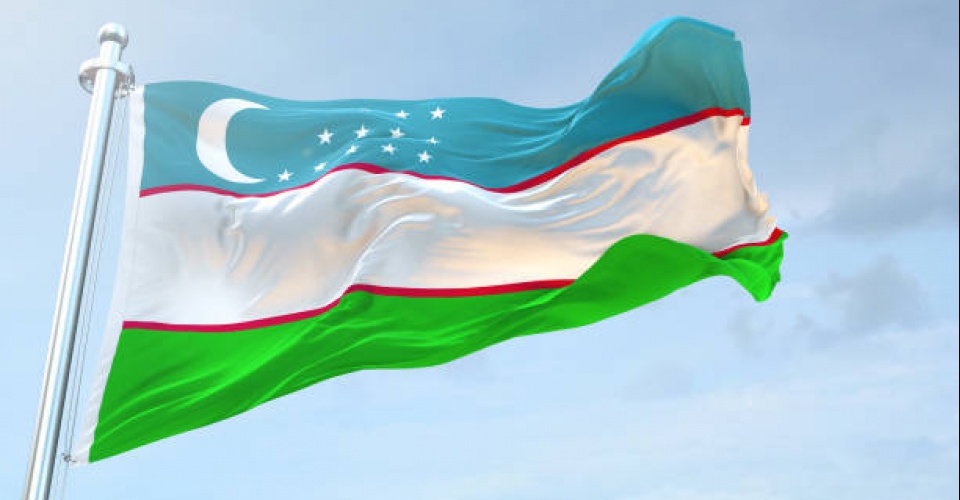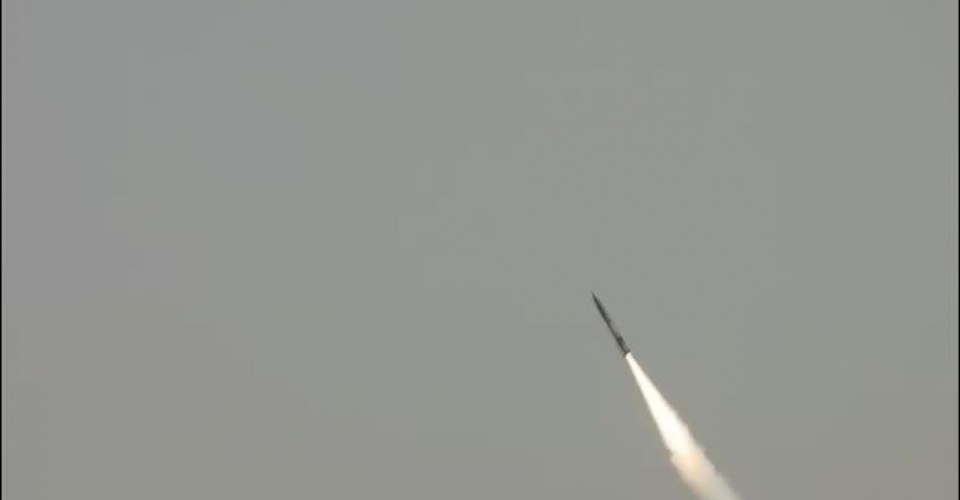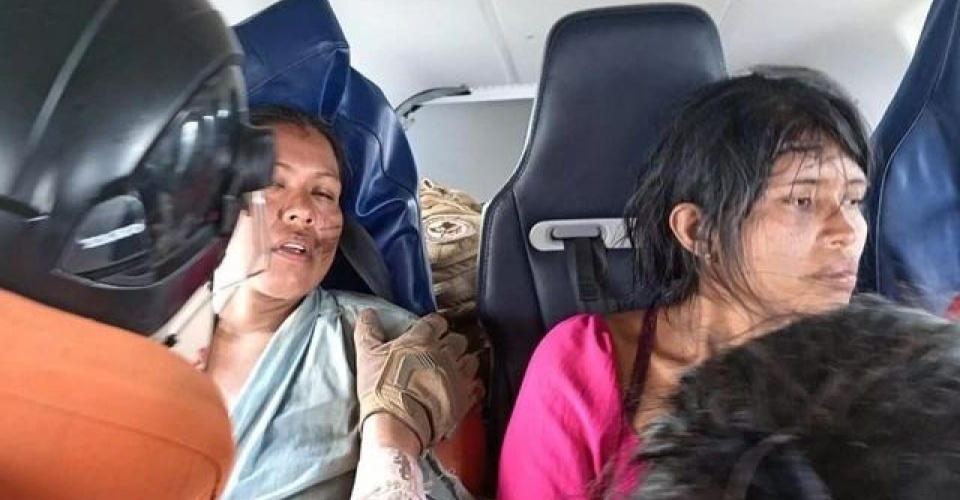Due to the large land area of Kazakhstan, the natural features of each region are different. In some areas, if you dig half a meter, you will get water, in some areas there is no water at all. There are also villages' people that have to drink water for livestock. For balancing this diversity and radically address the problem of drinking water, the authorities of Kazakhstan have adopted the "Ak Bulak" program for 2011-2020. The purpose of the program was to solve the problem of drinking water in the country.
The Ak Bulak program was realised in two stages. It is the first stage - from 2011 to 2015, the second stage - from 2016 to 2020. As a documentary indicator of the program, we provide groundwater resources to more than 3,000 rural settlements,we carry out a full exploration of 165 groundwater deposits and 15 fields for group water pipelines in order to re-evaluate the reserves for cities and large settlements, 86 cities and 6943 rural settlements, providing water supply and sewerage projects with a monitoring system and providing the population with drinking water 24 hours a day. This is stated in the document of the program "Ak Bulak", approved by the Government of the Republic of Kazakhstan on May 24, 2011 № 570. To what extent are more than 3,000 villages provided with groundwater and 24-hour uninterrupted water supply?
Initially, 335 billions tenge were allocated for the implementation of the Ak Bulak program. The program has been completed, but the problem of drinking water has not been solved. Clearly, the issues were resolved in practice and in real terms. According to the documentary system of the program, by 2020 the problem of drinking water in all cities should be solved by 100% and in rural areas by 80%. 692 billion tenge were allocated for this purpose in 2011-2019. In 2020, another 111 billion will be allocated for the construction of water pipelines. Countless billions are being mastered in the form of documents. According to official statistics, 4078 out of 6321 settlements have centralized water supply systems. This means 87%. What are the indicators, even in the middle of the water? However, just as there are two sides to the coin, there are formal and informal sides to the issue. What is the difference between "Ak Bulak" in the document and "Ak Bulak" in life? You don't have to go far to know it. Now there is a social network and the Internet, which allows people to express their opinions and opinion. We turned to that power and said, "Has the problem of drinking water been solved in your village, city and district?" Here are some of their answers.
Bizhan Sadibekov said, "Unresolved. We will carry water in Birlesu rural district of Keles district executive committee of Turkestan region." Manat Umitbay, a user of the network, said that the problem of drinking water in the village of Kapan Bulak, Zharma district, East Kazakhstan region, has not been resolved. The name of the village suggests that it is a settlement located by a spring. If this is the case in the east, where 70% of drinking water is concentrated, it is difficult to say another region. We even remember that last year there was a dispute over drinking water in the village of Tugul, near Zaisan.
Residents of the Almaty region also say that the problem of drinking water has not been fully resolved. For example, a citizen named Assel Karim says, "The outskirts of Almaty. Karabulak village, new building (Panfilov, Klyuchi). Talgar district. There are 360 houses, no water. The administration is lying." Facebook user Nursultan Orazgeldy summed up: "Almaty region, Karasai district, Dolan. Unresolved." Journalist Zharas Kemelzhan says that "in the village of Tuzdybastau, near Almaty, there is no water during the day. It only flows at night." Muzaffar Nasyrov replied: "Suzak district, Suzak village. The population is more than 10 thousand people. The villagers are drinking salt water, the problem of drinking water is not solved."
These are just a few of the hundreds of citizens. There is a large number of villages where the problem of drinking water is not solved, and water is transported from or forced to settle and use unsafe water. We noticed it in our brief survey. When will this really happen in our country, where everything is "optimally solved" on paper ?! You want to ask the Government, which adopted the "Ak Bulak" to solve the problem of drinking water, and the competent authorities that are supposed to do it, "Where is the drinking water, my authority?"
Askhat KASENGALI,
National portal "Adyrna"
English version edited by:Nagima Bazarkizi



